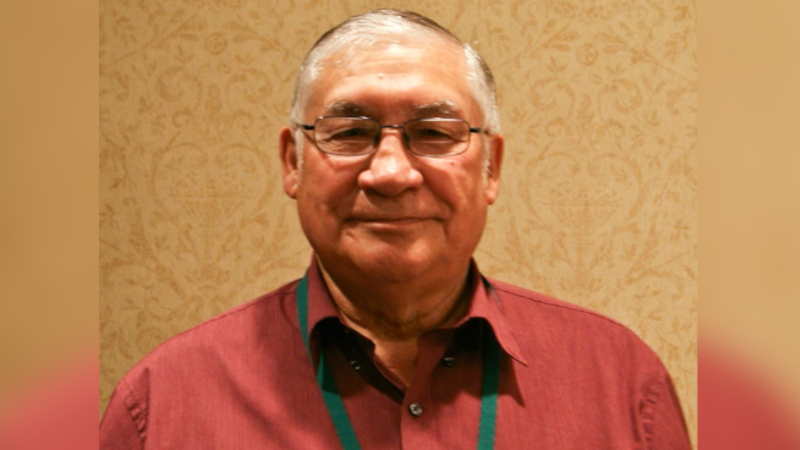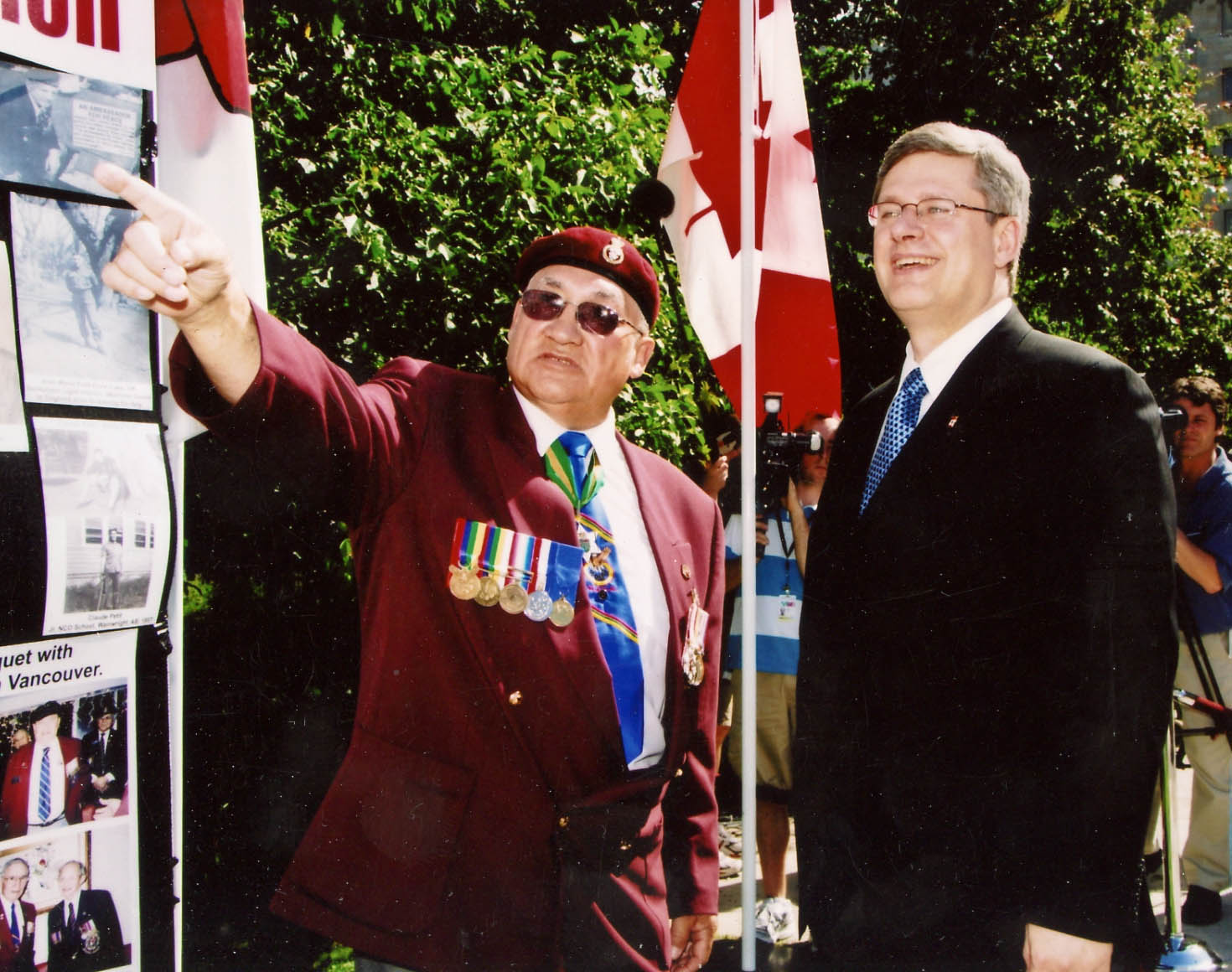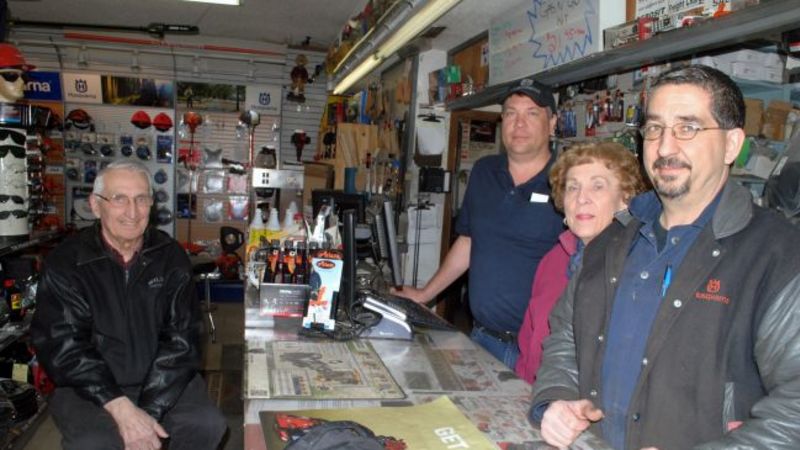
Claude Petit: distinguished serviceman, athlete, and Indigenous role model
Born in Duck Lake on October 1, 1935, Claude Petit grew up to be one of the most influential men in the local First Nations community.
From a young age, Petit was introduced to the sport of boxing thanks to two of his uncle’s involvement with the sport in the Second World War. From there, they gave him his own pair of gloves and his love for boxing took off from there.
“We used to mess around with (the gloves), in the barn mind you,” he said laughing. “It was a lot of fun. You think back on it, there was quite a few kids that used to come around on Saturdays and we used to go after, really go after. No referees there.”
In 1951, he followed in his uncle’s footsteps and joined Canadian Armed Forces and served as a paratrooper in the Korean War. Upon returning to Canada, Petit remained with the army and maintained to work at boxing and eventually found himself fighting competitively.




